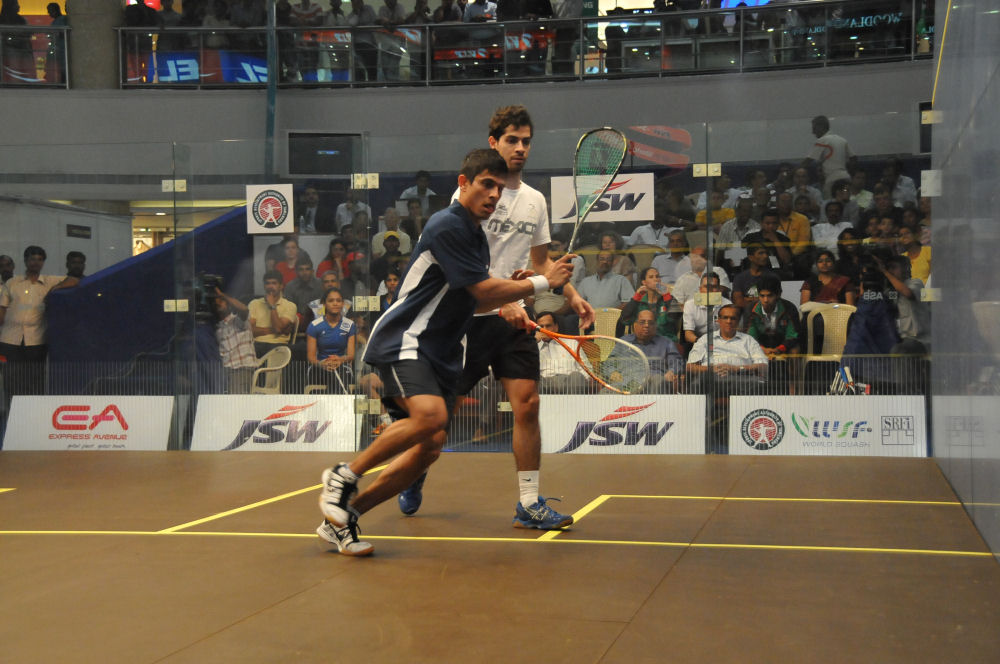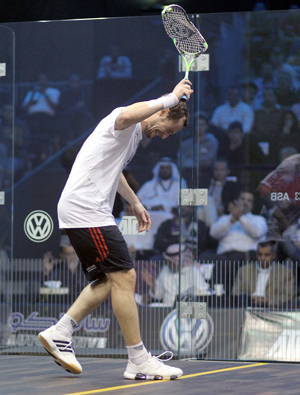By Damon Leedale-Brown, Sports Scientist & Conditioning Specialist
As part of championship preparation squads with the England Junior and Senior Teams we often delivered mental training sessions to players and coaching staff. One of the key mental aspects addressed was ‘controlling the controllables—how to effectively manage those factors out of or not fully in your control, and taking ownership of your preparation and performance’.
Take a moment to consider which aspects of preparation for your sport you believe you have full control over or could take more control of. All being well your list should contain some of the following:
- Your attitude towards each practice and training session.
- The time you are willing to commit to training for your sport (remember more is not always better but a consistent investment of time is still needed in any arena to be successful).
- Your attention to detail and focus towards quality and excellence in all your training sessions.
- Your diet—a well-balanced and nutritious diet will have significant influence on your ability to perform mentally and physically with consistency during training and competition. On the flip side ‘junk in’ will typically lead to ‘junk out’ in terms of performance!
- Your work/life balance.
- Your sleep patterns—research proves that your mental and physiological systems will deteriorate with a consistent lack of sleep.
Simply by taking more ownership and making small improvements over theses aspects of your preparation will have a positive impact on your progression as a player. Remember these are areas that, overall, you should be in control of, so be honest with yourself and consider if you are doing these things to the best of your ability.
The performance arena presents a very different dynamic as there are many aspects that are not in your control including:
- Your opponent’s behavior and attitude
- Your opponent’s sportsmanship
- Decisions made by the referee
- The environment—hot or cold court conditions, spectator noise, etc.
While not being able to control these aspects of performance, the important part is that you decide how you respond emotionally to different challenges and situations thrown at you during a match. Do you let a perceived poor decision by the referee effect the way you play for the remainder of that game, or are you able to put the decision behind you and move on? Do you blame the court conditions for your poor play, or accept it as the same for your opponent and figure out the adjustments you need to make in your game to adapt to the conditions? Do you get affected by your opponent’s emotional outbursts and poor sportsmanship on court, or do you see this as a sign of weakness by your opponent and use this to build your confidence?
Successful athletes across all sports take responsibility and ownership for themselves and their game and do not look to play the blame game. They understand that it’s not the situation but how they respond to it that makes all the difference!

Consider now the aspects of performance that you can be fully in control of:
- Making sure you have everything you need—racquets, eyewear, shoes, spare grips, drinks, gels, etc.
- How you prepare physically and mentally for your match
- Your attitude and approach to the match
- Your sportsmanship and behavior on court
- Your body language from the moment you first step on court
Body language is a key part of any sport and will definitely influence how your opponent perceives your state of mind, and the subsequent positive or negative effect it can have on their mental state. If you walk on court with a positive demeanor, move purposefully to the middle of the court and start the warm up with very sharp, alert and purposeful volleying of the ball there will be no doubt in your opponent’s mind that you are hundred percent ready to go and feeling confident. This alone could create doubt in your opponent’s mind before you have even started the match!
Be sensitive to your body language during a match, especially when your opponent is having a good period of play—a smart opponent will be looking for signs of physical and mental weakness, indications that you are getting frustrated, doubting yourself or giving up. Again, remember you are the one who is in control of how you respond emotionally on court.





